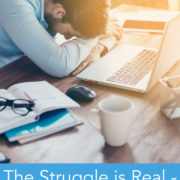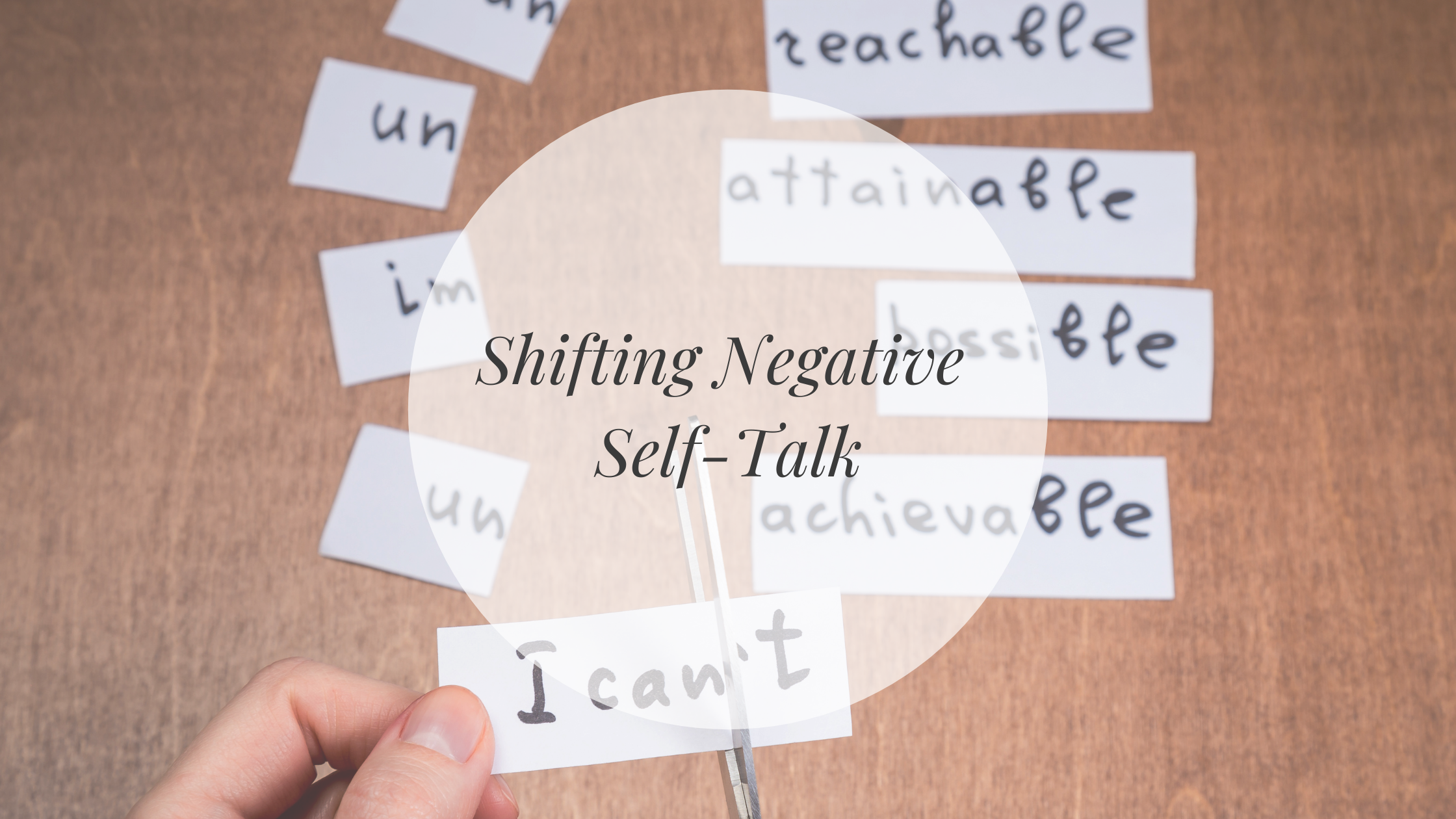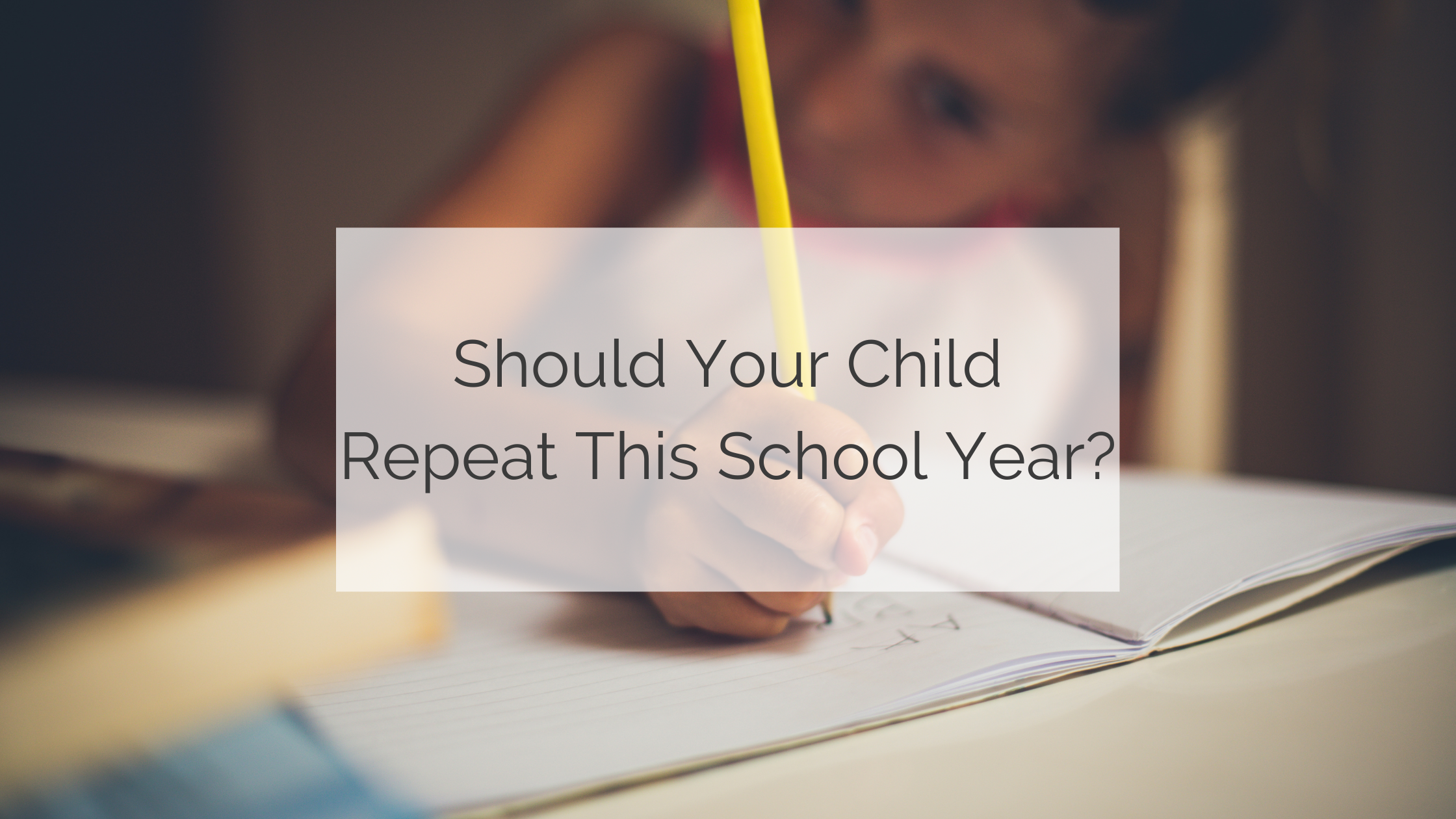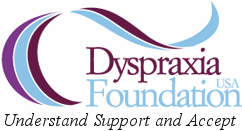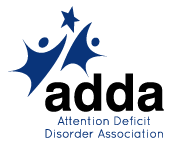Using Time, Self-care, Classes and Studying Tips for College
 It is challenging to write this blog since I am sitting in the vacation house my family has been coming to for my children’s whole lives, but it is true. School is around the corner. Where we live school starts back mid-August if you are in public school and about a week later for most colleges.
It is challenging to write this blog since I am sitting in the vacation house my family has been coming to for my children’s whole lives, but it is true. School is around the corner. Where we live school starts back mid-August if you are in public school and about a week later for most colleges.
Whether you are going back to college or starting for the first time, college can be stressful for the student with ADHD or other executive functions deficits.
While many people with ADHD are resistant to structure and organization because it doesn’t come as naturally to them; all of my clients say it does benefit them in the long run.
Let’s time about time or more precisely using your time efficiently:
- Do you know how long your tasks take you? Many people with ADHD do not. So planning what they are going to do during the day is exhausting. This often can lead to overwhelm because people with ADHD tend to think in the best-case scenario, which makes them believe they can get more done in a day is truly impossible. When they don’t finish their list of things to do, they take it as a personal failure without understanding that no one could have completed all the tasks on their to-do list. By using a simple time-log to track what activity you’re doing and how long it takes you, anyone can learn how long specific tasks take. Once you understand how long something takes to do, you can more accurately plan your time. I always suggest timing each task a few times.
- Structure in the beginning and at the end of your day is vital. Creating a morning routine and an evening routine where you do the same things can create an anchor for your life. Morning routines allow you to prepare yourself and set up your day up to be successful and help your mind and body relax to help yourself sleep. At the end of the day, you want to be able to fall asleep, instead of lying awake in bed, which are often happens for people with ADHD. You can do this by being exhausted because you had a satisfying day; not an overwhelmed exhaustion from the anxiety of tasks not completed.
- Use a planner – There are two options for a planner; one would be using a calendar app, and the other use an old-fashioned planner.
- If you have strong auditory skills or are already extremely techy, then a digital calendar might be the better choice for you. Some useful apps work for tracking homework like myhomework for students, but a calendar would allow you to more information into one place. The benefit to digital planner would be that it is portable and could remind you to with notifications.
- If you have strong tactile skills (the act of writing makes you remember something in), then a paper planner might be more beneficial for you. The benefits to paper planner are if you tend to but an “out of sight; out of mind” thinker then it automatically acts as a reminder, the act of writing is a stronger reminder for some and everything is in one trusted location. Most of my clients have found that using a paper planner is more effective than using an app. I really like Passion Planners.
- In either type of planner, you want to track homework assignment, work schedules, social commitment, practices, holidays, dates to start studying for exams and give yourself soft deadlines for chunks of larger projects or paper to make sure that you’re on track.
- When you get a syllabus for me to class, make sure one of the first things you do is put essential dates into your calendar.
Let’s talk about self-care. There are lots of different types of self-care, but I’m talking about fundamental self-care for college students.
- Eat well: trying to avoid foods that you know make you not feel well like foods that are of sugar. Eat your fruits and vegetables just like your mother told you to
- Sleep is vital. There are more and more studies every year important to proper brain function. There is simply no hack for sleeping. If you use your time well, there should always be enough time to sleep even with a busy college schedule.
- Move your body. Exercise is a great way to boost focus and mental awareness. If you aren’t excited about going to the on-campus gym to workout, try grabbing a buddy to go for a walk, hike or run or try joining a club sport.
- Take your medication if you are on any on time. If it is not as effective as it was in high school before assuming it is the medication. Review: are you getting as much sleep? No, then it is the lack of sleep. Are you eating differently? Some foods like citric acid can make your meds not as effective. Talk to a nutritionist on campus or call your doctor’s office to get advice about diet changes. Neither of those, call your doctor’s office. Always keep your meds locked up.
- Downloading and using one of these positive habit apps to help you develop good habits for self-care could really improve your health. Habitica – this app makes a game out of habit-forming. StickK – this app adds accountability from a friend or family member who checks in on the app and cognitive behavioral therapy. External accountability is excellent for those with ADHD.
Let’s talk about classes:
- If you are an auditory learner and need your books converted into audiobooks to get them as early as possible. It often takes disability service centers two to three weeks to convert the books. This is a big chunk of your semester. If it is at all possible, do this before the semester starts.
- Be sure you know what is expected of you. Remember you put those essential dates in your calendar. Professors are there to assist you in learning the content of their class, so make sure that you communicate with them about the material that you have trouble grasping and of a course to advocate for yourself when you need to use your accommodations.
- This sounds cliche make a friend in each class so that if you do miss a class, you have somebody to check with for notes that you missed or content that was covered in-class but not in your textbook.
- If you are given time in-class consider it a gift (because it is) and use it wisely.
- Don’t let one bad grade deflate you but do take it as a sign that you need to go to office hours or possibly get a tutor for that class. Don’t be afraid to go to office hours; you are an adult now, and your professors are just people.
- Consider sitting in the front of the class. You may get called on more your instructor will also know that you seriously. You will also have fewer distractions during class.
- Consider using Cornell notes. Watch this video to learn how to take Cornell notes
- Odd as this may sound get involved. This may seem like time away from studying student to clubs, sports, or other extracurriculars, typically have a higher GPA.
Let’s talk about study time:
- Find the right place for you to study. See this link where I discussed this in detail.
- Create a distraction-free zone for studying; this would include using a media blocker (like Freedom) if you need to be on your laptop, de-cluttering your workspace (meaning don’t have anything near you that will pull your attention away from studying) and turning off your phone or leaving your phone behind.
- Make a master checklist of tasks and supplies you need so glad you’re not constantly getting up or moving around to get things that you need
- Create systems that work for you and stick with them. This may include using color coding for something else you find your hide useful. Keep the system simple without too many steps.
- Create academic goals for yourself are realistic. Make sure you include why the goals are essential to you and how you will achieve those goals (i.e. I will leave my phone in my dorm room and study on my own from 4-4:30 and then join a study group from 4:30-5:30 every Thursday.)
- When studying choose to do active recall studying instead of a passive review. Use apps like Quizlet or Khoot! to study. It is more interesting and is a better way of knowing if you can recall the information.


Big Bang Coaching, LLC provides coaching for the neurodiverse.

